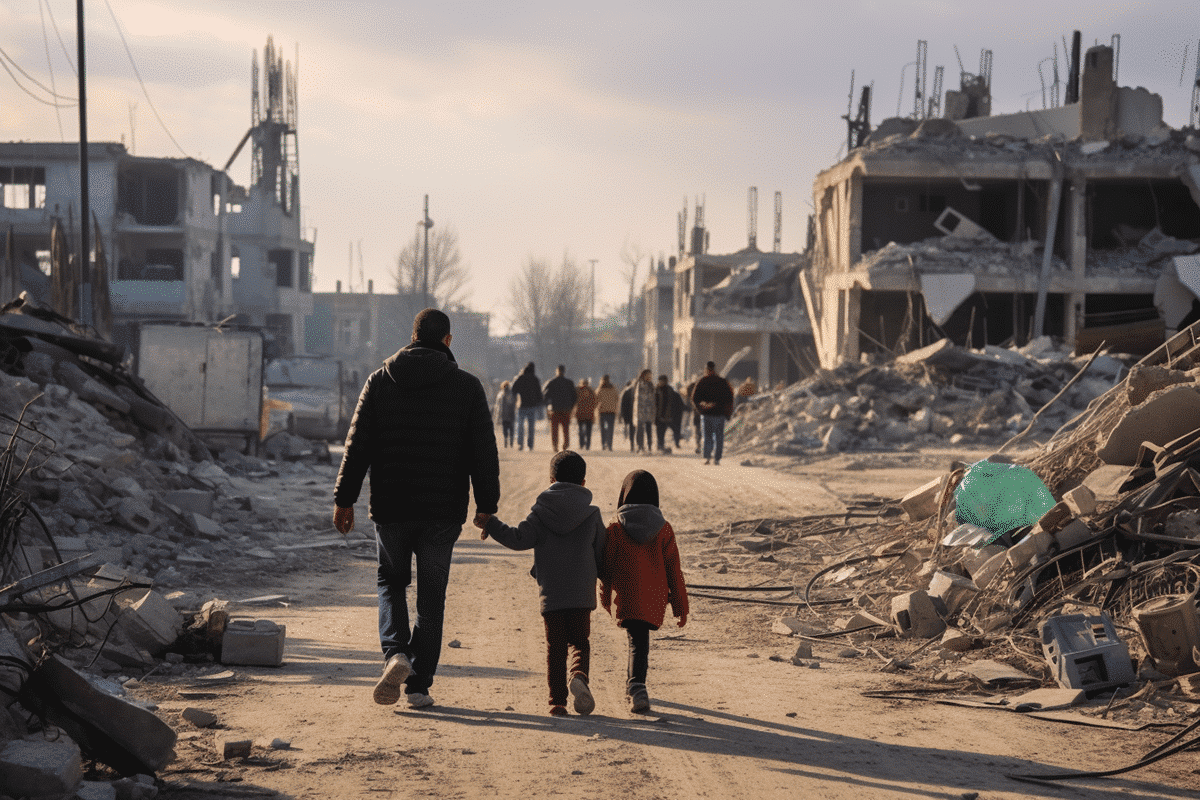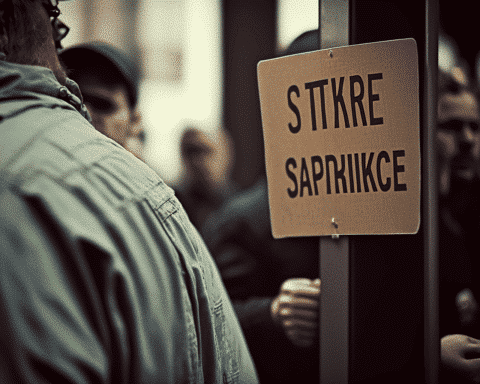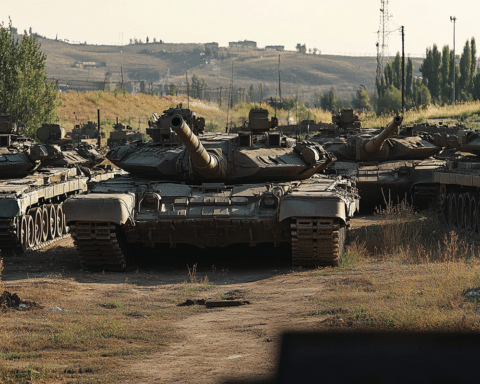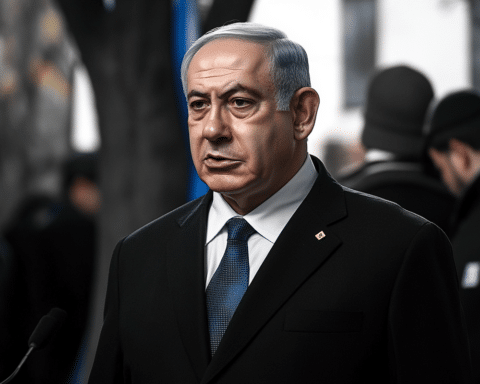Tens of thousands of Palestinians are fleeing the southern Gaza city of Rafah amidst scenes of chaos and panic triggered by Israel’s seizure of the border crossing with Egypt. The exodus, marked by displaced families hauling their belongings, underscores the desperate plight facing civilians in the conflict-ridden region.
The closure of the border crossing has thrown Rafah into disarray, exacerbating an already dire humanitarian situation. The main hospital has shuttered its doors, leaving residents without vital medical care amid rising cases of malnutrition, illness, and wounds sustained during the months-long conflict.
As fuel and essential supplies dwindle, aid workers are scrambling to assist a population reeling from seven months of relentless warfare. The closure of the crossing has severed crucial supply lines, further intensifying the suffering of civilians who have been largely reliant on aid groups for sustenance.
The Israeli military’s seizure of the crossing and the looming threat of a full-scale invasion have plunged Rafah into a state of uncertainty and fear. Families, already uprooted multiple times by the conflict, are faced with the agonizing choice of where to seek refuge amidst the chaos.
Rafah, once home to 250,000 residents, has seen its population swell to 1.4 million as displaced Palestinians from across Gaza sought shelter within its borders. Tent camps have sprung up in every available space, while families cram into overcrowded schools and homes with relatives.
Israel’s issuance of evacuation orders for eastern parts of Rafah has only added to the confusion and panic gripping the city. While some residents have fled to nearby areas, others are unsure of where to seek safety, with options limited by the ongoing hostilities.
The closure of the border crossing has not only cut off vital humanitarian aid but has also heightened the risk of a humanitarian catastrophe. Aid organizations warn that without immediate access to supplies, hospitals and humanitarian operations in Gaza could grind to a halt within days.
The United States has expressed concern over Israel’s actions, urging the country to provide a credible plan for evacuating and protecting civilians. The international community continues to press for a ceasefire as efforts to alleviate the suffering of Gaza’s civilian population intensify.
Meanwhile, the situation on the ground remains volatile, with sporadic clashes between Israeli forces and Palestinian militants adding to the sense of insecurity. The closure of the Rafah crossing has further isolated Gaza’s residents, trapping them in a cycle of violence and deprivation.
As civilians flee in search of safety, the plight of the most vulnerable—children, the injured, and the sick—remains a pressing concern. Aid workers report a staggering number of children in Rafah who have lost limbs, while shortages of medical supplies and clean water exacerbate the suffering.
Despite the challenges, aid organizations continue to mobilize resources to provide assistance to those in need. However, the closure of border crossings and the escalating violence pose significant obstacles to their efforts to alleviate the suffering of Gaza’s civilian population.
As the crisis deepens, the international community faces mounting pressure to act swiftly to prevent further escalation and alleviate the humanitarian suffering in Gaza. The fate of Rafah and its residents hangs in the balance as the conflict shows no signs of abating.




